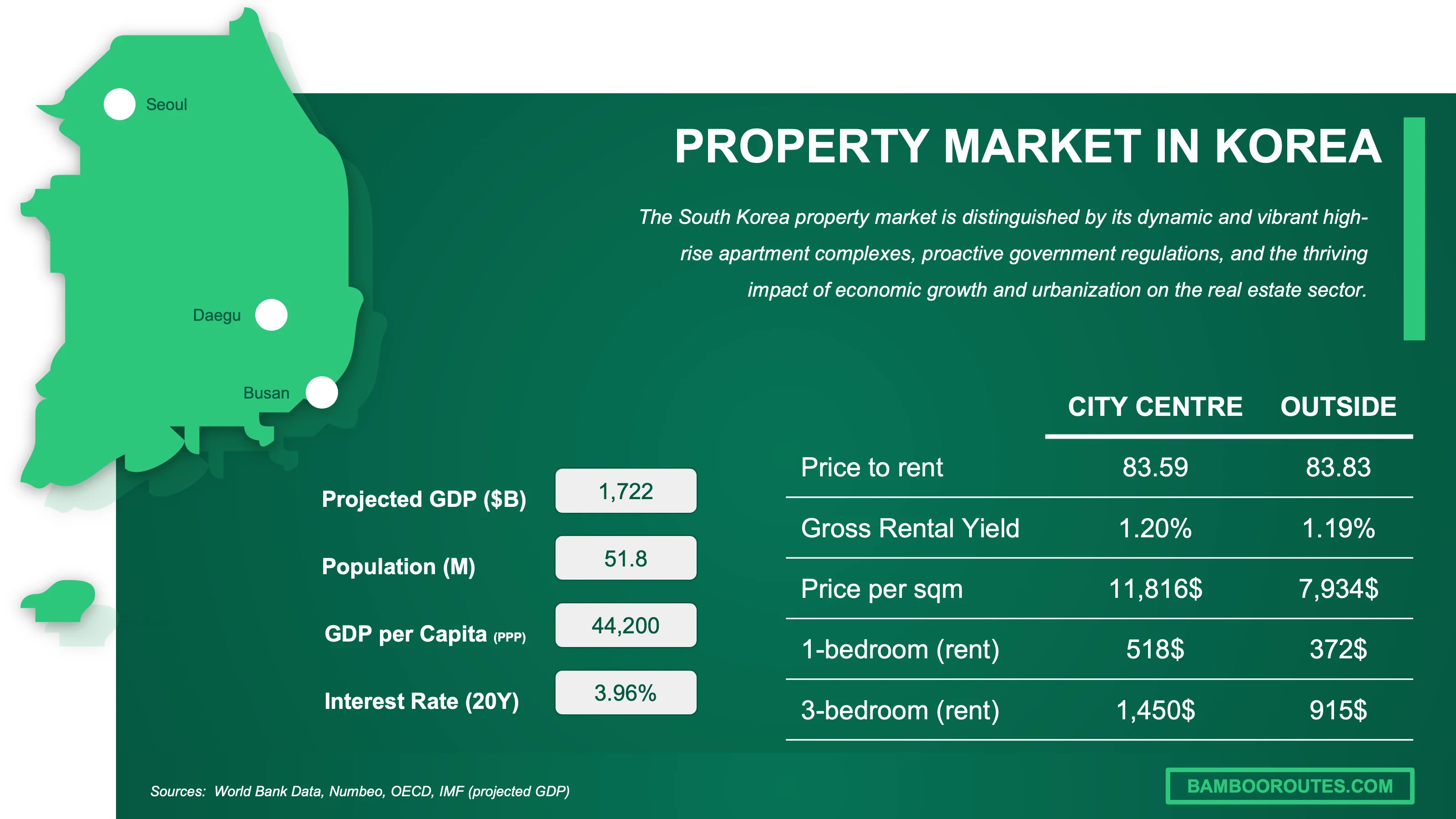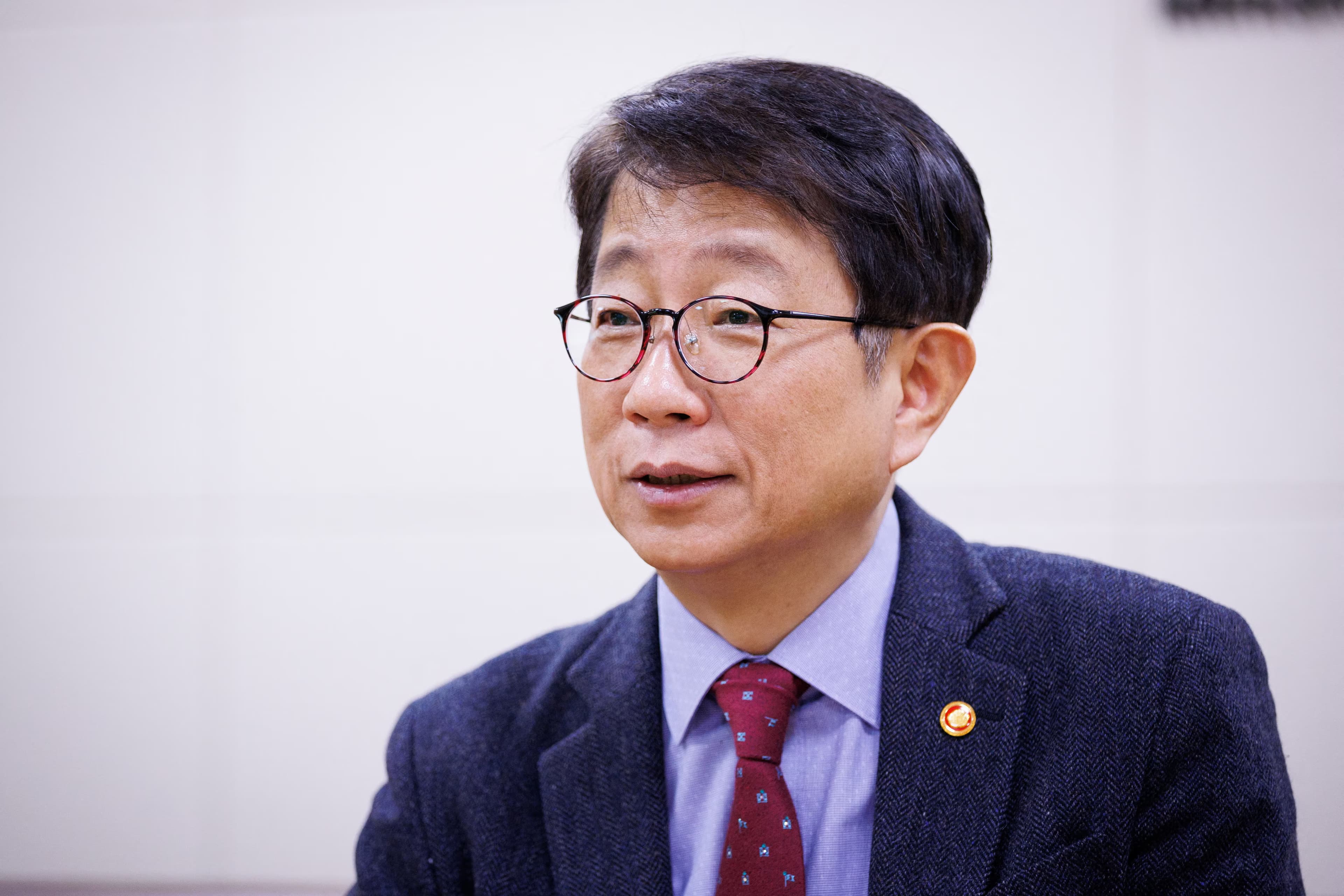Foreign Buyers Dominate the Real Estate Market
In a staggering trend, 15,614 properties were purchased by foreigners in South Korea in 2023, marking a historic high in foreign investment in real estate. This represents a significant 13.6% increase from the previous year, as reported by Chosun. The influx of foreign buyers, particularly from China, who accounted for a shocking 72% of these purchases, exacerbates an already critical housing crisis for local residents.
Government Scrambles to Address Growing Concerns
The South Korean government is responding with urgency to the rising tide of foreign investment. The Ministry of Land, Infrastructure and Transport announced plans to conduct thorough investigations of foreign transactions in high-value properties, particularly in affluent districts like Gangnam. With 4,731 Chinese buyers registered by June alone, the pressure is mounting to ensure fairness and equity in the real estate market.
![WHY] How did Gangnam become the Seoul epicenter it is today?](/api/image/articles/c23079dd-0a44-4679-b7d1-75eb02dad948-Gangnam-district-real-estate.jpg)
WHY] How did Gangnam become the Seoul epicenter it is today?
Local Residents Left Behind
This surge in foreign acquisitions raises critical questions about housing access for South Koreans. As the government implements strict lending limits for domestic buyers—capping mortgage loans at 6 billion won—foreign investors exploit more lenient regulations, using international financing to bypass local restrictions. The disparity in treatment between foreign and domestic buyers highlights a systemic issue of wealth inequality that continues to plague the nation.
Implications for Housing Affordability
The increase in foreign ownership of residential properties directly impacts housing affordability. Many local families find themselves unable to compete with well-funded international buyers, driving up prices and pushing them out of the market. According to data from Business Korea, the number of foreign property buyers has risen sharply since hitting a low in 2022, indicating a troubling trend that can lead to increased homelessness and housing insecurity among South Koreans.

17 strong reasons to buy property in South Korea in 2025 ...
Calls for Greater Regulation
With concerns mounting over potential tax evasion and illegal financing practices, the government is poised to take action. The Ministry"s plan includes investigating suspicious transactions and verifying funding sources for foreign purchases. If illegal activities are confirmed, they will coordinate with the National Tax Service and financial authorities to enforce compliance and accountability. This move reflects a growing recognition of the need for more stringent regulations to protect local interests, as the gap between rich and poor widens.
The real estate market in South Korea is at a crossroads. The government must navigate the fine line between attracting foreign investment and safeguarding the housing rights of its citizens. As the situation develops, the pressing need for comprehensive housing reform and equitable policies for all remains more urgent than ever.







![[Video] Gunfire between Iraqi security forces and Sadr militias in Baghdad](/_next/image?url=%2Fapi%2Fimage%2Fthumbnails%2Fthumbnail-1768343508874-4redb-thumbnail.jpg&w=3840&q=75)
